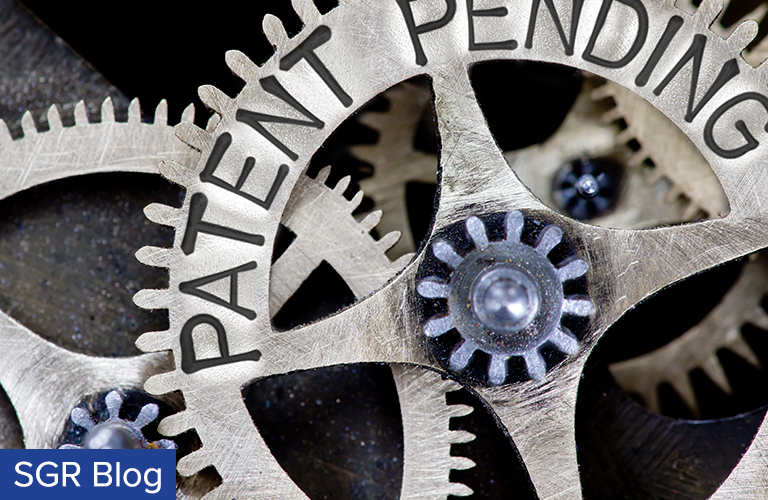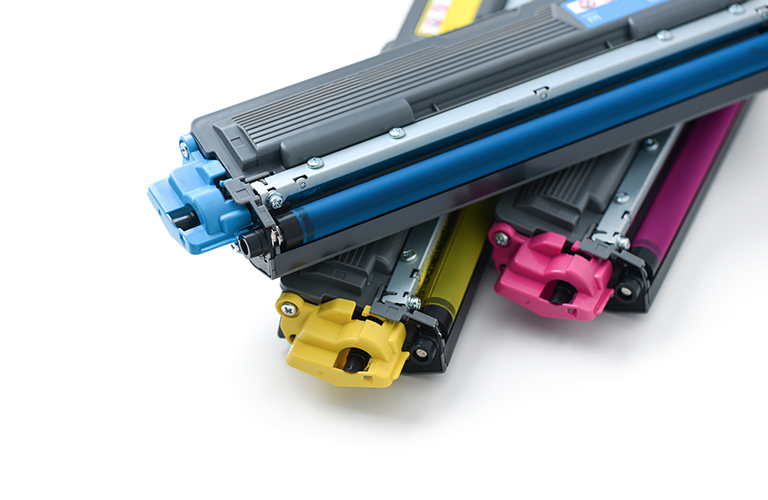
Does a secret sale of a patented invention that occurred before the filing of a patent application count as invalidating prior art? That question was the recent focus of oral arguments before the Supreme Court recently in the case of Helsinn Healthcare S.A. v. Teva Pharmaceutical USA. Before the passage of the America Invents Act (“AIA”) in 2011, the question had been well settled. Section 102 of the Patent Act, defining conditions for patentability, stated that a person was entitled to a patent for an invention unless the invention was “in public use or on sale in this country, more… Read more


